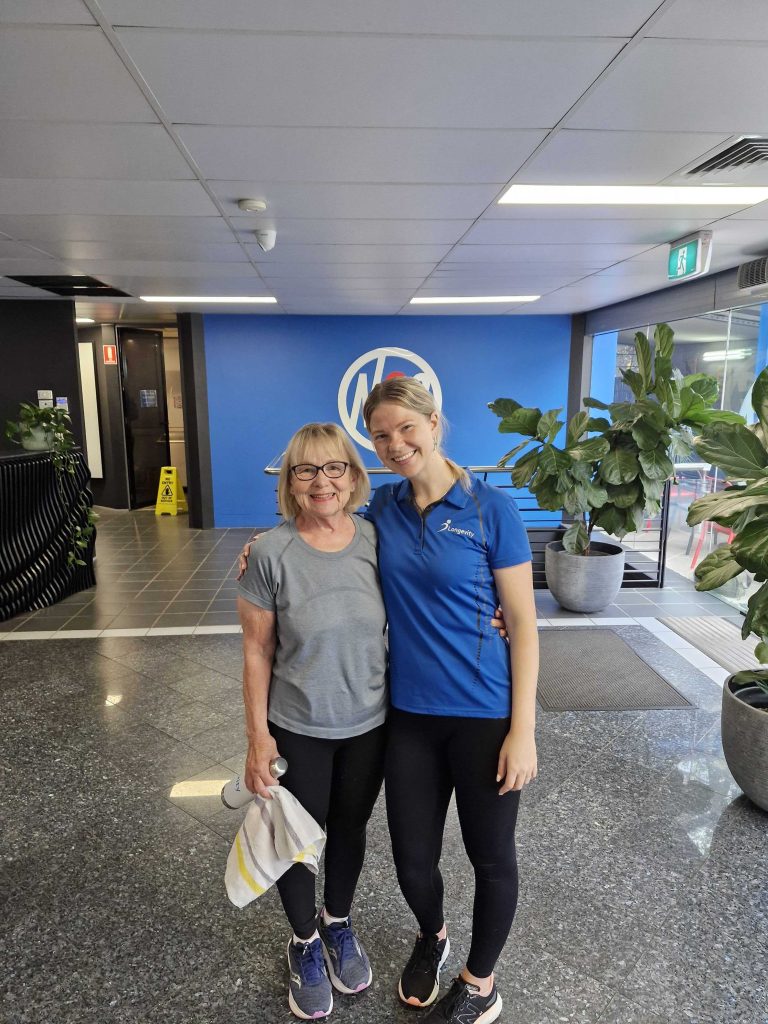Navigating Menopause: Harnessing Exercise for a Healthier Future
Imagine turning the challenges of menopause into an opportunity for a healthier, stronger future. Menopause marks a significant transition in a woman’s life, often accompanied by a myriad of physical and emotional changes. This natural biological process, typically occurring between the ages of 45 and 55, signifies the end of menstrual cycles and fertility. While menopause can bring challenges such as hot flashes, mood swings, and sleep disturbances, it also presents an opportunity to focus on long-term health and well-being.
One of the most effective ways to navigate this transition and promote longevity is through regular exercise. Physical activity not only helps manage menopausal symptoms but also plays a crucial role in maintaining overall health. Engaging in activities like walking, yoga, and strength training can improve cardiovascular health, enhance bone density, and boost mental well-being. Moreover, exercise has been shown to reduce the risk of chronic diseases such as heart disease, diabetes, and osteoporosis, which are of particular concern during and after menopause.
By embracing a consistent exercise routine, women can alleviate the discomforts of menopause and pave the way for a happier, healthier future.

Incidence and Mortality Rate
Globally, millions of women experience menopause each year. According to the World Health Organization (WHO), the average age of menopause is around 50 years. While menopause itself is not a disease, it is associated with an increased risk of certain health conditions. For instance, postmenopausal women are at a higher risk of cardiovascular diseases, which are the leading cause of death among women worldwide. Osteoporosis, a condition characterized by weakened bones, also becomes more prevalent after menopause, increasing the risk of fractures and associated complications.
Risk Factors and Their Modifiability
Several risk factors associated with menopause and its symptoms can be modified through lifestyle changes. For example, maintaining a healthy weight, engaging in regular physical activity, and avoiding smoking can significantly reduce the risk of cardiovascular diseases and osteoporosis. Exercise, in particular, has been shown to have numerous benefits for menopausal women. It can be utilized as a tool to manage weight, improve cardiovascular health, enhance bone density, and boost mental well-being. A study published in the Journal of Women’s Health found that women who engaged in regular physical activity had a lower incidence of severe menopausal symptoms compared to those who were sedentary.
Client Testimonial
I turned 60 last year and now feel the strongest I have ever felt. My Exercise Physiologist has helped me work around my various injuries, she is passionate about working with her clients, and keeps me motivated to achieve goals…whist having fun .. I recommend Exercise Physiology and Longevity highly. It is a well run business which invests in its people. I am impressed!
How Longevity Can Help You
As exercise physiologists, we firmly believe that exercise is a form of medicine. We strategically tailor workouts to address daily presenting symptoms while helping you improve your cardiovascular health, strength, bone density, and mental well-being. Let us guide you towards a healthier, more radiant lifestyle, ensuring you thrive during and beyond menopause. Take control of your health and well-being today.
If you know anyone who would benefit from working with us, please contact us.
Ready to take the first step toward increasing your fitness and lifespan? Call Longevity Exercise Physiology Ascot Vale, Burwood, Casey, Castle Hill, Coburg, Drummoyne, Edgecliff, Five Dock, Gladesville, Gungahlin, Kingsgrove, Liverpool, Macarthur Campbelltown, Macarthur Tindall, Marrickville, Neutral Bay, Penrith, Pymble, Pyrmont, Randwick, Rhodes, Rosebery, Springfield, Yamanto today on 1300 964 002 to book your personalised session or a 15-minute free phone consultation.
Written by Admin
